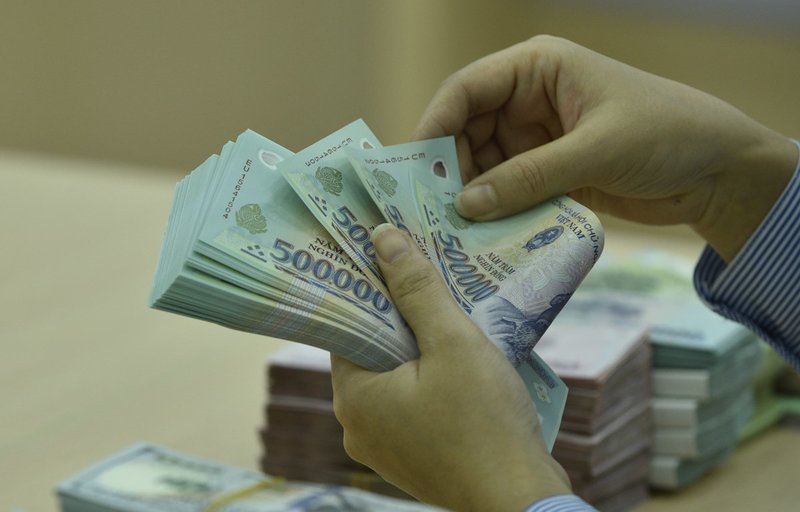Vietnam should adopt neutral monetary policy
Using monetary policy to stimulate demand in the case of Vietnam could cause inflation, said an economist.
Vietnam should maintain a neutral monetary policy and focus on ensuring the liquidity of the banking system, according to Dinh Tuan Minh, director of Market Solutions Research Center for Social and Economic Issues (MASSEI).
| Illustrative photo. Source: Vietnam+. |
For example, when commercial banks or the banking sector fall short of liquidity, the State Bank of Vietnam (SBV) could lower interest rates to inject money into the economy, which is different from supporting policies to expand credit growth, Minh told Tri Thuc Tre in an interview.
Each bank should decide on their own credit support packages depending on their capabilities, and this is the SBV’s point of view, added Minh.
Meanwhile, inefficient management of monetary policy could cause inflation, said Minh, adding the Vietnamese economy is very different from developed ones such as the US, Japan or Europe.
According to Minh, domestic consumption is a major driver of economic growth and is the main reason for these countries to use monetary easing to boost demand.
Meanwhile, Vietnam’s economy has a high level of openness with imports and exports almost doubling GDP, while domestic consumption plays a less influential role compared to other countries.
“Using the monetary policy to stimulate demand in the case of Vietnam could cause inflation,” Minh told Tri Thuc Tre, referring to years ago when inflation spiked as the result of the government’s pumping money into the economy.
Minh said the government’s deployment of a credit package worth VND250 trillion (US$10.86 billion) and a fiscal stimulus package of VND30 trillion (US$1.3 billion) for enterprises is more of indirect support as they come in the forms of lowering and waiving of interest rates, delay of payment of taxes and fees.
Moreover, this is not the right time for the government to provide direct support for a specific economic group, which Minh considers a short-term solution and make enterprises more reliable on the government’s aid.
The government’s main responsibilities are to contain the epidemic and minimize its impacts on the society and the economy, but not to intervene in issues that the economy can solve by itself, Minh stressed.












